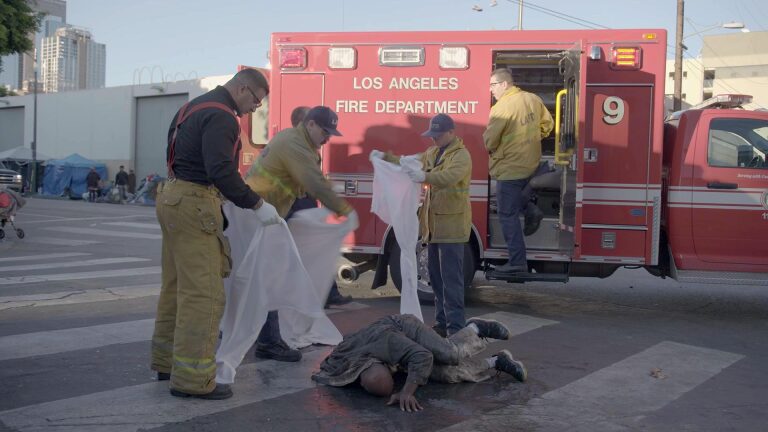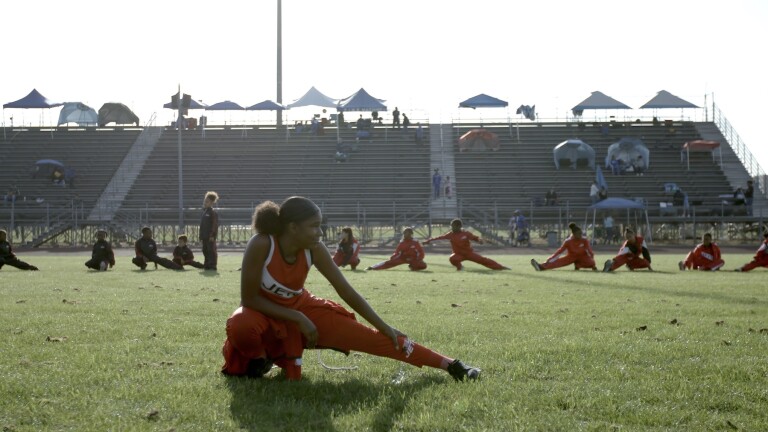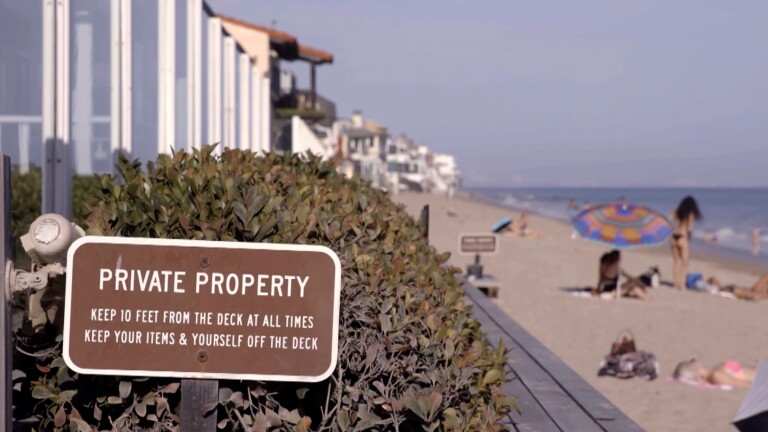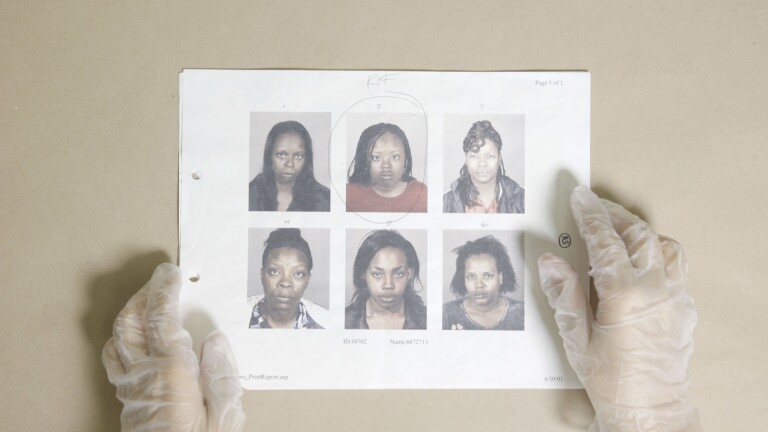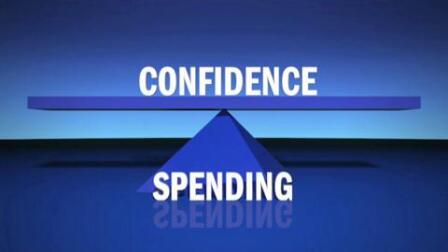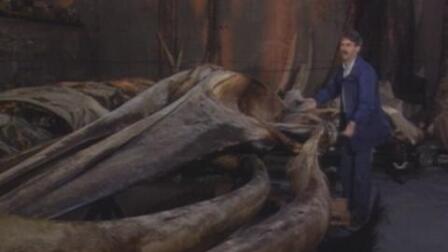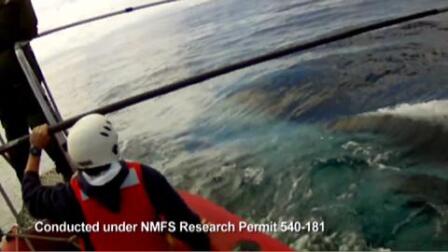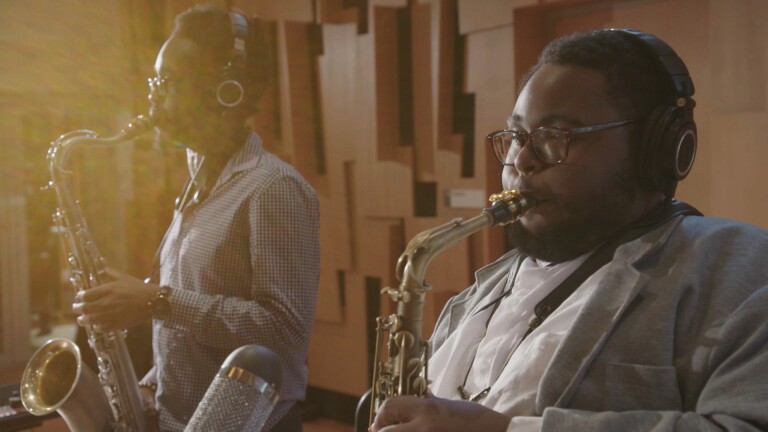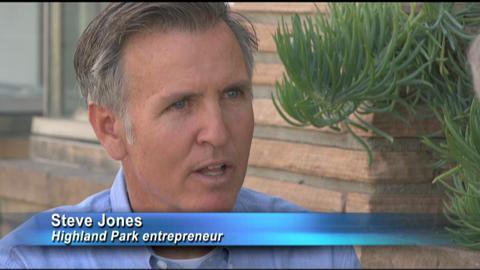
Open for Business
TRANSCRIPT:
Val Zavala: We all know the overall economy has slowed way down. In L.A. over the past six years, 180,000 businesses have closed their doors. So we were very surprised to learn that, even in hard times, entrepreneurs are taking chances. Correspondent Brian Rooney asks why.
Brian Rooney: On a recent afternoon in Highland Park the cooks were chopping and prepping. The staff straightened up and set tables. It was the last few minutes before throwing open the doors of a new restaurant called Maximiliano in Highland Park.
Andre Guerrero: I kind started with this idea of just doing great spaghetti and meatballs.
Rooney: In the midst of what may be the worst economic time since the Great Depression, veteran restaurant owner Andre Guerrero had the confidence to move ahead, invest money, start a new business and grow.
Guerrero: Every economic climate, good or bad, there's always opportunity. And sometimes those opportunities are very different, depending on the economic climate.
Rooney: And of all things, a restaurant, one of the riskiest businesses. But while Washington debates stimulus and jobs bills, Guerrero put forty people to work. Forty. Guerrero chose Highland Park so he could pay less rent and charge lower prices.
Highland Park in Northeast Los Angeles, is an area in transition. Older businesses like the bodegas now mix with trendy new furniture stores. Young people are moving in. People with a little money to spend.
Incomes are lower here, but so is the value of real estate. That attracts new residents who want places to shop, and occasionally go out to dinner.
Guerrero: So when times are tough they can come here and say what a beautiful restaurant that we've created here and it's so affordable, and the food's delicious, everything's really fresh.
Rooney: And there you go, you've created a business in a bad economy.
Guerrero: It's really simple.
Rooney: The daily feed of bad economic news leaves the impression that American business has ground to a halt. But enterprising people never stop looking for ways to make money.
Christopher Thornberg/Economist: There's a lot of turnover in the business world, a lot of folks again are trying new thing, starting up new businesses looking for a way to make ends meet, make a few bucks and it turns into a lifelong occupation.
Rooney: We took a walk with Steve Jones to look at the changing face of Highland Park's York Boulevard.
Steve Jones: I see less graffiti, I see buildings being painted and kept up, I see new businesses coming into the area, and you see there's actually quite a bit of pedestrian traffic on these streets as well.
Rooney: Jones came here three years ago to buy houses, fix them up, and sell them. He founded an organization that supports small business in the neighborhood,
Rooney to Jones: When so much real estate has crashed, what gived you the nerve to invest in real estate?
Jones: Someone once defined real estate development to me as wild optimism. Having said that, this area, Northeast Los Angeles, is ripe for transformation.
Rooney:We came across a new French restaurant being built in empty space next to a long-established Mexican bakery.
Jones: So the neat thing about what he's doing is that you actually have, Elsa's bakery is still going to be here, right next door, and they're going to provide bread for the restaurant.
Rooney: And you have the old neighborhood bakery feeding the new French restaurant.
Jones: Yeah.
Rooney: This is economic birth right at the street level.
Thornberg: Now that the economy's starting to move forward again, now that the economy's starting to expand, now that you're seeing increases in overall activity, there's now opportunities. In fact, I would argue that this is probably the best time to go out and start a business.
Rooney: Traditionally when people start a business, or expand one, they borrow money, usually from a bank. But, good luck with that, the banks are pretty tight with a buck these days.
Matt Schodorf and his wife Anya were among the York Avenue pioneers three years ago when they opened their coffee shop. Instead of going to a bank or the Small Business Administration and signing away their lives, they sold some property, borrowed against their home, and took the risk.
Matt: It started of kind of slow.
Anya Schodorf: I would say only the first five months. After that the community embraced it really well so it started picking up and we were super-surprised because, again, the economy was so bad.
Rooney: It went well enough that just a few months ago they opened another business, a little sandwich shop across the street. And again, no bank, all private financing. And between the two, they have ten people working for them.
Schodorf: I think we're bullish on the neighborhood. We love it here. We're gonna be here, we're gonna be here for a while, you know?
Rooney: Andre Guerrero also built his restaurant without money from a bank.
Andre Guerrero: This is what's funny about banks. They will lend you money if you've got all the equity, to qualify for a loan — you don't really need to borrow money.
Rooney to Guerrero: In effect, they'll lend you money if you don't need it.
Guerrero: Yeah, it's like the people who really need the money don't qualify for loans.
Rooney: He was able to do without, and the lesson is that you can start a new business in a bad economy.
Rooney to Guerrero: You just need to know what it is that will work.
Guerrero: I think you have to pay attention. You have to pay attention to what people want.
Rooney: Getting the restaurant ready comes right down to the last minute. And then, moments before the actual 5:00 o'clock opening, a couple of customers arrive.
[sound of customers entering]: What a treat!
Rooney: And Andre Guerrero's new restaurant was open for business.
This is Brian Rooney, for SoCal Connected.

